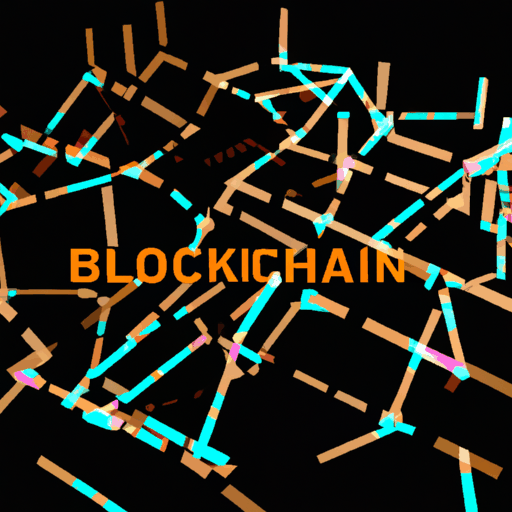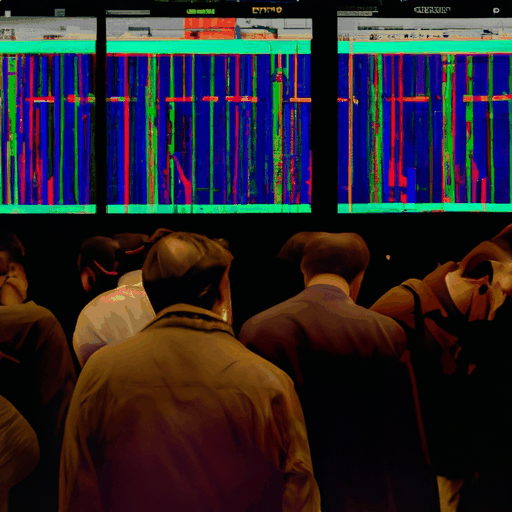
Monero Experiences Block Reorganization, Concern Persists
By: Eliza Bennet
In an unexpected turn of events, Monero's blockchain underwent an 18-block reorganization that reversed around 117 transactions, sparking considerable concern among its community members regarding the ecosystem's security resilience. This sudden reorg, which stands as one of the largest in Monero's history, occurred at block 3499659 on a recent Sunday, commencing at 5:12 am UTC and concluding at block 3499676, 43 minutes later. The incident has been tied to the team behind Qubic, a layer 1 AI-focused blockchain and mining pool, which managed to accumulate 51% of the hashrate on Monero, thus facilitating the reorg.
Qubic had previously conducted a six-block reorganization last month, which already raised eyebrows among industry observers and stirred debate over the potential vulnerabilities of Monero's architecture. With this new episode, the blockchain ecosystem is compelled to reevaluate its security mechanisms and the potential threats posed by such high levels of hash control by any single entity. Despite the setback, Monero's privacy token demonstrated impressive resilience, witnessing a 7% surge in value on the same day of the reorg event.
This event underscores ongoing challenges in maintaining blockchain security in decentralized networks, where the distribution of hashrate is critical. The occurrence has reignited discussions around the concept of selfish mining, where miners might gain advantage by holding back blocks, thus affecting transaction verification. With the Monero community actively sharing insights through command-line consoles on X, and other platforms, efforts are underway to mitigate future risks and ensure stability.
The incident calls for a collaborative approach among developers and users to further enhance security protocols and safeguard Monero's blockchain against similar exploits in the future. For more on Monero blockchain and its transaction processes, you can visit official Monero resources or reputable blockchain research sites for in-depth insights.



